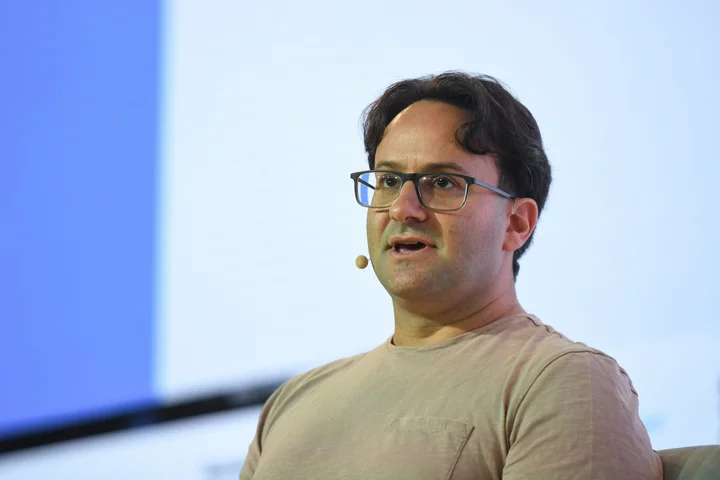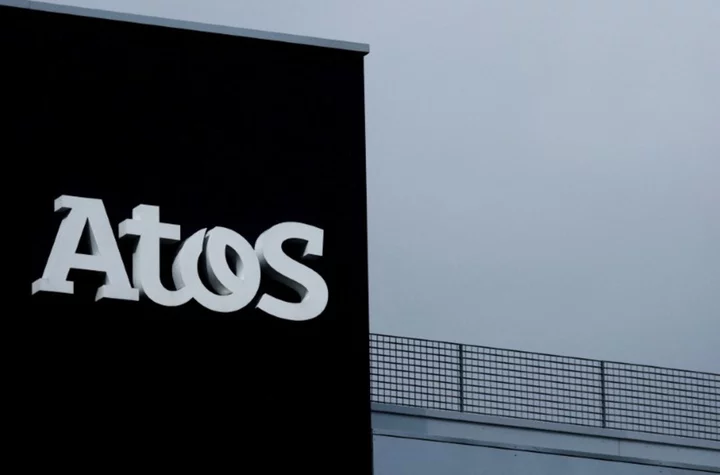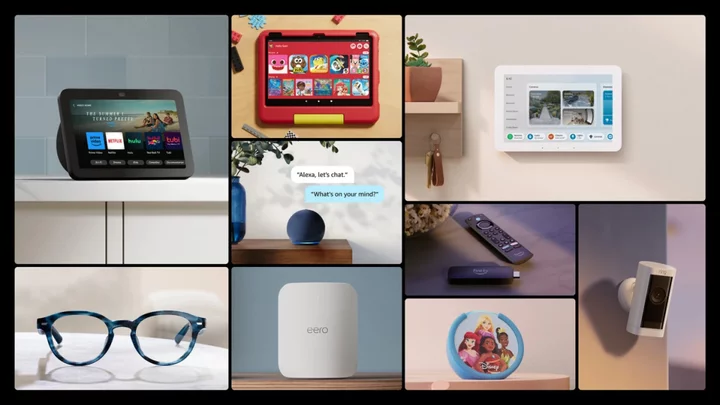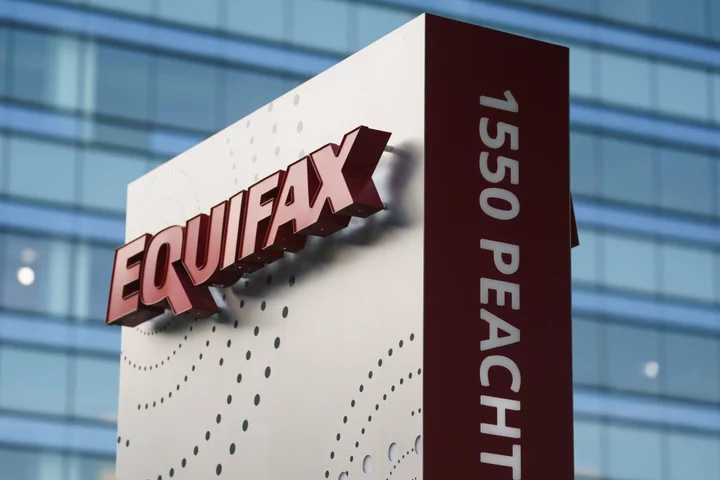When Elon Musk took over Twitter in October and began upending the platform, there weren't many viable alternatives for frustrated users. Now, there may be too many.
A growing number of services have launched or gained traction in recent months by appealing to users who are uncomfortable with Musk's decisions to slash Twitter's staff, overhaul the verification process, reinstate numerous incendiary accounts and most recently impose temporary read limits on tweets.
Bluesky, Mastodon and Spill are among the many social apps vying for users over the last several months, with services that look and feel strikingly similar to Twitter. But now this increasingly crowded marketplace may be disrupted by the most dominant social media company: Meta.
Meta's Twitter clone, Threads, launched Wednesday and amassed more than 70 million sign-ups as of Friday morning thanks to a decision to tie the app to Instagram. Its user base is already far more than newer rivals and puts Threads on pace to rapidly catch up to Twitter, which had 238 million active users last year before Musk took the company private.
In interviews, some other Twitter competitors took jabs at Meta's effort and expressed confidence in their ability to grow and maintain an audience, even if it ends up being much smaller than what Mark Zuckerberg's company can attract.
"Threads leans heavily on celebrities and people with large Instagram followings, and therefore risks being more of a megaphone for the established, rather than something for everyone," Sarah Oh, a former Twitter employee and founder of rival app T2, told CNN in an email.
Spill co-founder and CEO Alphonzo Terrell said the company is "thrilled to see so much innovation in the social space" and remains "confident in our roadmap."
Here's what you should know about the current crop of services trying to take on Twitter.
Threads
Threads is Meta's long-anticipated answer to Twitter and the biggest threat to the social network Musk bought for $44 billion. Threads is intended to offer a space for real-time conversations online, a function that has long been Twitter's core selling point, and it's doing so in part by adoption many of Twitter's most recognizable features.
The app has already attracted a long list of celebrities, brands and other VIP users, as well as many who clearly appear to be frustrated with Musk's Twitter. And Zuckerberg isn't just looking to catch up to Twitter; he wants to build a service that's far larger.
"It'll take some time, but I think there should be a public conversations app with 1 billion+ people on it. Twitter has had the opportunity to do this but hasn't nailed it," Zuckerberg wrote on Threads. "Hopefully we will."
Spill
Launched by former Twitter employees, Spill says it strives to be a "visual conversation at the speed of culture."
The site is visual heavy and pushes GIFs, memes and video, making it more of a destination for creative communities. Spill has also emerged as a haven for Black Twitter users and marginalized communities seeking a safe space online.
While the traction for Threads was unique, Spill has gained recently, too. Last weekend, amid renewed chaos at Twitter over the read limits, Spill gained "hundreds of thousands of new users," according to Terrell, the CEO.
T2
T2, another service created by former Twitter employees, offers a social feed of posts with 280-character limits. The key selling point that sets it apart from others is its focus on safety, according to Oh, the founder.
"We really do want to create an experience that allows people to share what they want to share without fearing risk of things like abuse and harassment, and we feel like we're really well positioned to deliver on that," Oh told CNN in February.
In a statement this week, Oh doubled down on safety as a possible differentiator with Threads as well, raising the question of whether Meta had "learned from their past mistakes" after years of scrutiny on its struggles to police its own platforms.
Bluesky
Bluesky, a service backed by Twitter co-founder Jack Dorsey, looks identical to Twitter, with one key difference. The app runs on a decentralized network, which provides users more control over how the service is run, the data is stored, and the content is moderated.
Bluesky was formed independently of Twitter while Dorsey was serving as CEO but it was funded by the company until it became an independent organization in February 2022. In a tweet introducing the idea in 2019, Dorsey said it also plans to "build an open community around it, inclusive of companies & organizations, researchers, civil society leaders," but warned "this isn't going to happen overnight."
This week, Dorsey appeared to acknowledge that the market is now flooded with "Twitter clones."
Mastodon
Also built on decentralized networks, Mastodon launched before Musk took over Twitter but skyrocketed in popularity after the acquisition.
Mastodon lets users join a slew of different servers run by various groups and individuals, rather than one central platform controlled by a single company like Twitter or Instagram. Mastodon is also free of ads. It's developed by a nonprofit run by Eugen Rochko, who created Mastodon in 2016.
After joining, users pick a server, with options from general-interest servers such as mastodon.world; regional servers like sfba.social, which is aimed at people in the San Francisco Bay Area; and ones aimed at various interests (many servers review new sign-ups before approving them.)
Cohost
Launched publicly in June 2022, Cohost offers a text-based social media feed with followers, reposts, likes and comments, similar to Twitter. However, the product is chronologically based with no ads, no trending topics and no displayed interactions (think hidden like counts and follower lists).
Part of Cohost's goal is to create a less hostile space for open dialogue, according to the website.
"People who hear 'Facebook has a Twitter replacement now!' and don't immediately run for the hills are unlikely to be interested in anything we're doing," said Jae Kaplan, co-founder of anti-software software club, the company that develops cohost. "We're in separate market niches. I doubt they're going to do anything to try and appeal to our users, and we're not going to do anything to try and appeal to their users."









